Looking for next year’s meeting?
2020 Annual Meeting in Salt Lake City, Utah.Welcome to the ESA & USSEE 2019 Joint Meeting Website
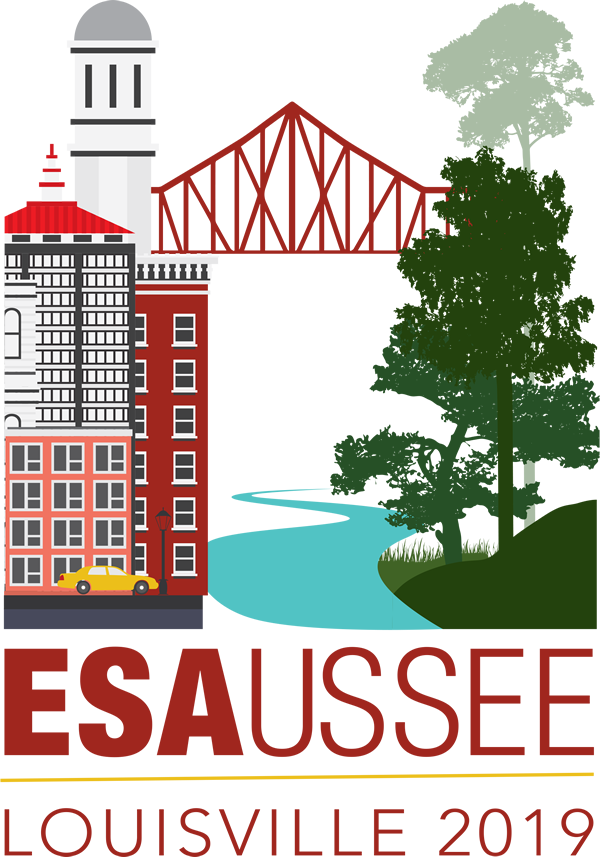
Dates & Location
Starts: Sunday, August 11
Finishes: Friday, August 16, 2019
Kentucky International Convention Center
Louisville, Kentucky
Theme
Bridging Communities and Ecosystems: Inclusion as an Ecological Imperative
The community of people engaged in the science of ecology is transforming, bringing important new perspectives into the field. Inclusive approaches to ecology can build bridges between theory and practice, connect those working in disparate landscapes and subdisciplines, and incorporate diverse perspectives. Such approaches support
ecologists and the ecological community as a whole as they articulate socio-environmental connections, address widespread ecosystem change, take advantage of technological advancements that provide unprecedented access to data and new analytical techniques, and engage in interdisciplinary collaborations.
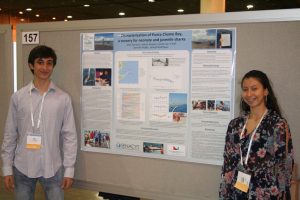
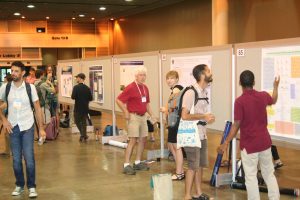
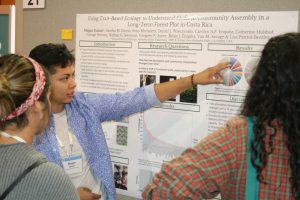
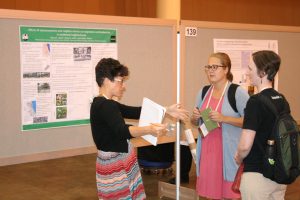
United States Society for Ecological Economics
In the spirit of collaboration, inclusion and cross-disciplinary science, the Ecological Society of America will be holding its 104th Annual Meeting in partnership with the United States Society for Ecological Economics (USSEE), one of many regional professional organizations within the umbrella society of the International Society for Ecological Economics (ISEE). In addition to ESA’s scientific sessions and business meetings, USSEE will hold
sessions focused on economics, human impact, sustainable development and more. USSEE’s president, Jim Kahn, PhD, noted: “We have much to share with ecologists; as ecological economists, we hope to improve theoretical understanding and practical solutions to achieving long term economic and social well-being without undermining the absorptive, regenerative and resource capacity of the natural environment.”

